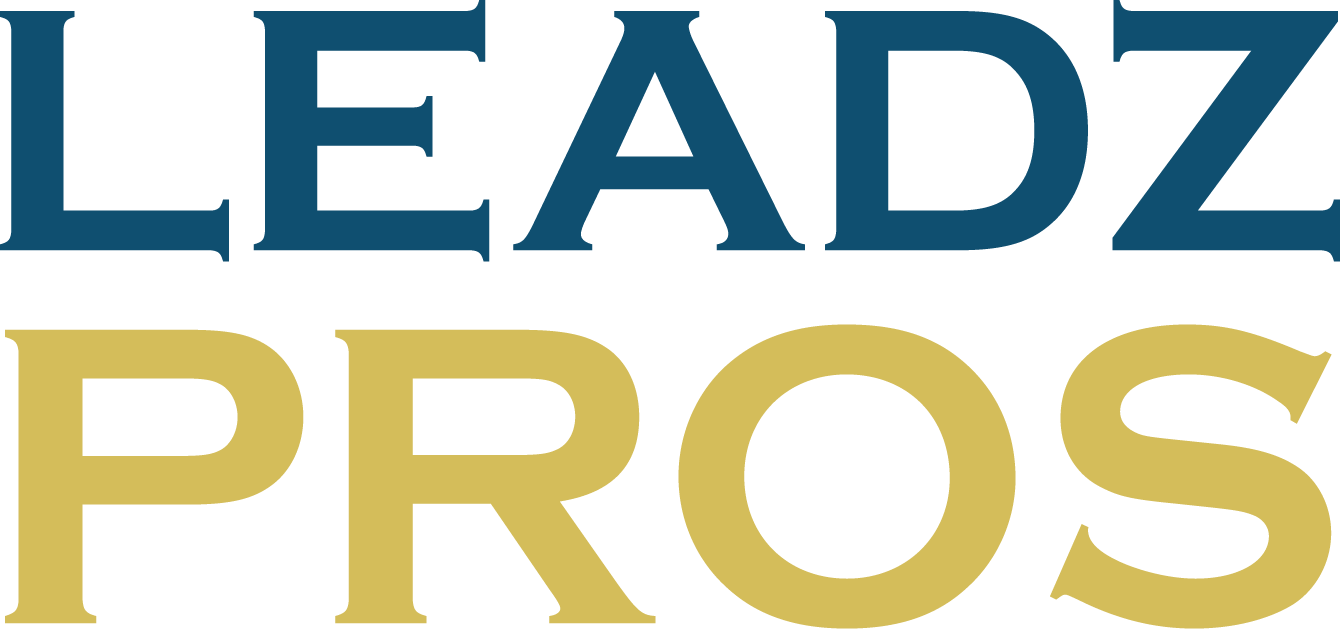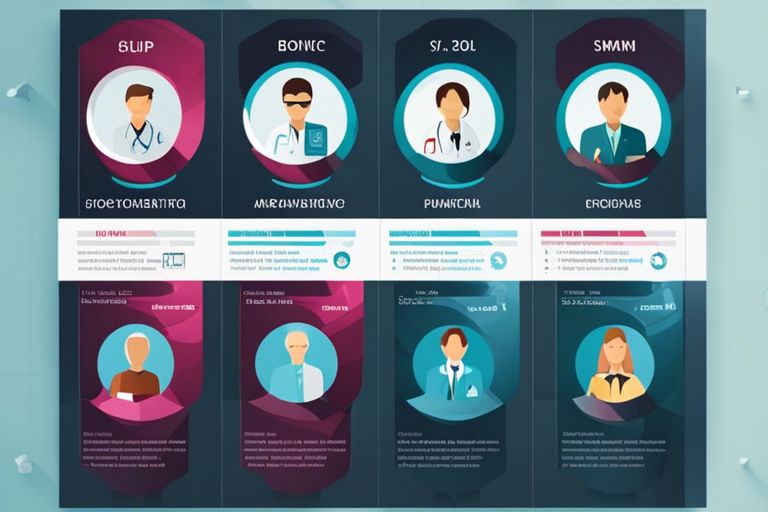Many dermatology clinics are recognizing the importance of leveraging CRM (Customer Relationship Management) systems to achieve success in maintaining skin health. With the ever-growing demand for personalized skincare solutions, utilizing data from CRM systems can help dermatologists provide tailored treatments and improve patient outcomes. By harnessing the power of technology and data analytics, dermatology practices can enhance patient relationships, optimize treatment plans, and ultimately drive better results in skin health management.

Understanding Your Patient Base
Patient Data Collection and Management
Data collection and management are crucial components of understanding your patient base in dermatology. By utilizing a CRM system, you can efficiently gather and organize necessary information such as patient demographics, medical history, treatment plans, and follow-up appointments. This data not only helps in providing personalized care but also enhances the overall patient experience.
Segmentation and Personalized Patient Journey
The segmentation of your patient base allows for a more personalized approach to their skincare journey. By categorizing patients based on factors such as skin type, concerns, treatment preferences, and purchase history, you can tailor treatment plans and recommendations to their specific needs. This not only increases patient satisfaction but also fosters long-term loyalty and trust.
Plus, with the use of CRM systems, you can track patient progress, send targeted communication and reminders, and analyze feedback to continually refine and improve the patient journey. This level of personalized care not only results in better patient outcomes but also sets your dermatology practice apart in a competitive market.
Enhancing Patient Engagement
Tools for Patient Communication and Education
For effective patient engagement, dermatology practices can utilize customer relationship management (CRM) tools that enable seamless communication with patients. These tools can include automated appointment reminders, educational resources about skin conditions and treatment options, and personalized messages to encourage treatment adherence. By leveraging CRM for patient communication and education, dermatologists can enhance patient understanding and compliance, leading to improved treatment outcomes.
Tracking and Improving Treatment Outcomes
To optimize patient care in dermatology, tracking and analyzing treatment outcomes are crucial. By utilizing CRM systems that integrate data on treatment plans, progress notes, and patient feedback, dermatologists can identify trends, assess the effectiveness of different therapies, and make data-driven decisions for individualized care. Tracking and improving treatment outcomes not only enhance patient satisfaction but also contribute to the overall success of a dermatology practice.
Communication: Clear communication with patients regarding treatment outcomes can help build trust and ensure patient satisfaction. Dermatologists can use CRM tools to share progress updates, address any concerns, and provide support throughout the treatment journey. By fostering open communication channels, dermatology practices can establish long-term relationships with patients and achieve better outcomes.
Marketing and Growth Strategies
Data Analysis for Targeted Marketing
To effectively market dermatology services, leveraging data analysis for targeted marketing is crucial. By analyzing customer demographics, purchasing patterns, and treatment preferences, dermatology clinics can tailor their marketing strategies to specific target audiences. This data-driven approach allows for personalized marketing campaigns that resonate with potential clients and drive engagement.
Retention Strategies and Referral Programs
To enhance customer retention and stimulate growth, implementing retention strategies and referral programs is vital for dermatology clinics. Analysis of patient feedback, satisfaction surveys, and referral patterns can help identify areas for improvement and develop initiatives to reward loyal clients and incentivize referrals. By fostering a strong sense of loyalty and community, clinics can boost customer retention rates and attract new clients through word-of-mouth referrals.
Retention strategies such as loyalty programs, exclusive offers for returning customers, and personalized communication can help build relationships with clients and encourage repeat visits. Referral programs, on the other hand, can leverage existing clients as brand ambassadors to attract new business and expand the clinic’s customer base.
Streamlining Operations and Efficiency
Appointment Scheduling and Follow-up Systematization
Efficiency is key in the dermatology industry, where appointment scheduling and follow-up systematization play a crucial role. By leveraging a CRM system tailored for dermatology practices, streamlining these operations becomes seamless. Automated reminders for appointments and follow-ups can reduce no-show rates and ensure patients receive timely care, enhancing overall patient satisfaction and retention.
Inventory Management Powered by Data Insights
Followup: Efficient inventory management is vital in ensuring a dermatology practice runs smoothly. By utilizing data insights through CRM, practices can optimize their inventory levels, reducing waste and ensuring vital supplies are always stocked. With real-time data on product usage and expiration dates, practices can make informed decisions and prevent any supply chain disruptions.
Inventory management is not just about keeping track of supplies; it’s about using data insights to make strategic decisions that ultimately benefit the practice and its patients. By leveraging CRM technology, dermatology practices can stay ahead of the curve and maintain operational efficiency.

Compliance and Data Security
Understanding HIPAA and Patient Privacy
HIPAA, the Health Insurance Portability and Accountability Act, is a crucial legislation that sets the standard for protecting sensitive patient data. For dermatology practices, this means that all patient information, from medical records to billing details, must be securely maintained to ensure patient privacy and confidentiality.
Best Practices for Data Protection in Dermatology
For dermatology practices, implementing strong data protection measures is important to safeguard patient information from potential breaches and unauthorized access. This includes using secure networks, encrypting electronic communications, regularly updating security software, and providing staff with ongoing training on data security protocols.
A comprehensive approach to data protection not only ensures compliance with HIPAA regulations but also builds trust with patients who are increasingly concerned about the security of their personal health information. By prioritizing data security in dermatology practices, healthcare providers can demonstrate their commitment to patient privacy and confidentiality.
The Future of CRM in Dermatology
Keep Top 3 AI Applications in the Field of Dermatology in 2024 in mind as we explore the future of CRM in dermatology.
Emerging Technologies and Trends
Technologies in dermatology are rapidly advancing, with innovative solutions such as artificial intelligence (AI) and machine learning reshaping the field. These technologies are being used to enhance diagnostics, personalize treatment plans, and improve overall patient outcomes. Dermatologists are increasingly turning to AI-powered tools to streamline workflows, optimize patient care, and stay ahead of the curve in an ever-evolving industry.
Integrating Genomics and Personalized Medicine
Integrating genomics and personalized medicine into dermatology practices holds great promise for the future. By leveraging genetic information, dermatologists can tailor treatment plans to individual patients, leading to more effective outcomes and personalized care. This approach allows for a deeper understanding of skin conditions at a molecular level, ultimately revolutionizing the way skin health is managed.
Trends in leveraging genomics and personalized medicine are driving a shift towards more targeted and precise therapies in dermatology. As technology continues to advance, incorporating genomic data into CRM systems will become increasingly important for dermatologists looking to provide the highest level of care to their patients.
Summing up
Considering all points discussed in this article, it is evident that leveraging Customer Relationship Management (CRM) in dermatology can significantly contribute to the success of skin health practices. By utilizing CRM tools effectively, dermatologists can improve patient communication, enhance personalized treatment plans, streamline administrative tasks, and ultimately, achieve better patient outcomes. Investing in CRM technology can not only boost efficiency and productivity but also foster stronger patient relationships and loyalty. Dermatology practices that embrace CRM as a strategic asset are better positioned to thrive in a competitive healthcare landscape and deliver top-notch care to their patients.









